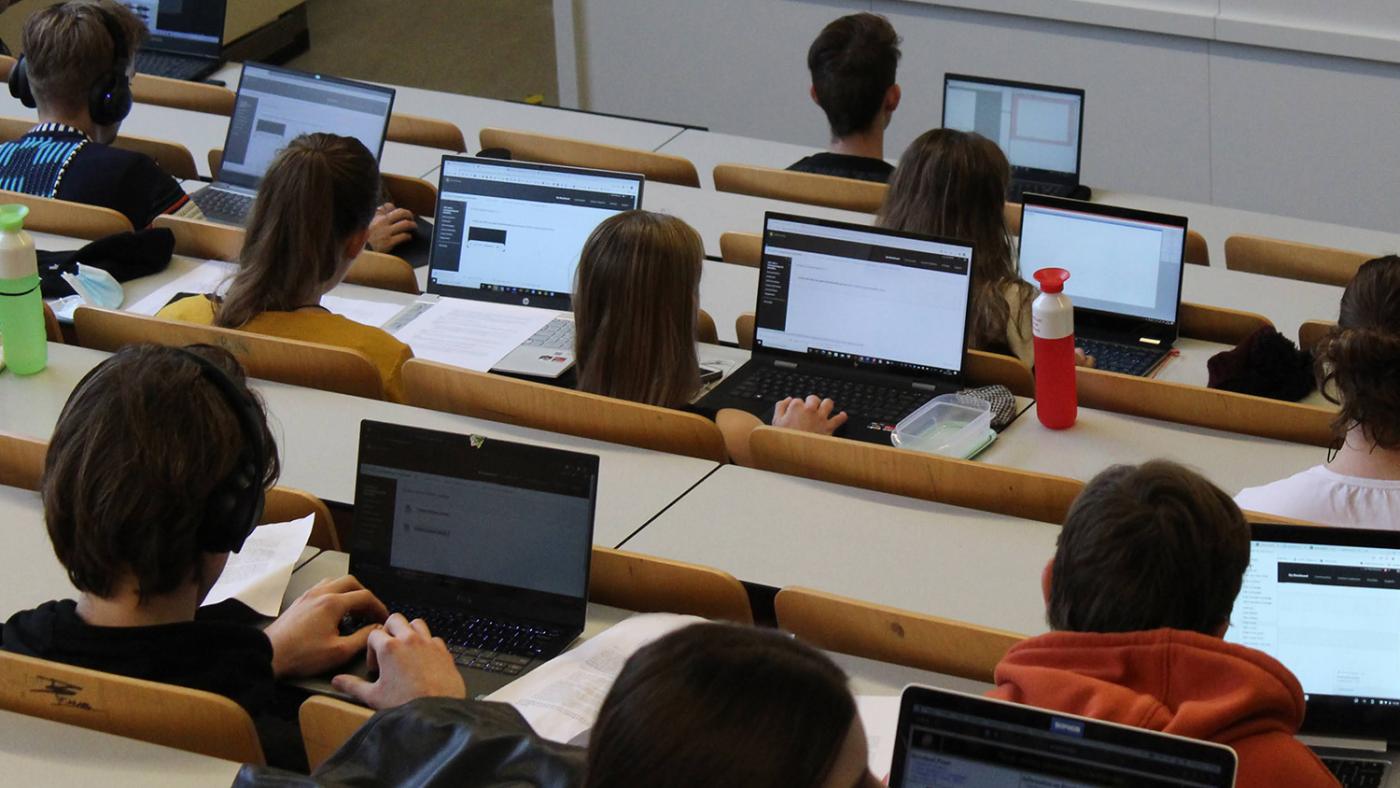Inflation
Tuition fees rise to almost 2,700 euros

Tuition fees at universities and universities of applied sciences are rising in line with inflation. Groceries, clothing, and eating out are becoming more expensive, so tuition fees are increasing as well, albeit with some delay.
Inflation
This academic year, students paid 2,530 euros, but next academic year they will pay 2,601 euros. The rate for the 2026/2027 academic year can now also be calculated, as Statistics Netherlands (CBS) has announced the inflation rate for April.
To determine the increase in tuition fees, the ministry considers the average from May to April the following year. Inflation was 3.6 percent during that period, which is considerably higher than the target value of 2 percent. Tuition fees will therefore amount to 2,694 euros. This amount may vary by one or two euros, as the inflation figures for March and April are not yet final.
April only
Until 2022, tuition fees were based on inflation in a single month, April. However, in April 2022, inflation was exceptionally high (almost ten percent) and politicians were shocked that tuition fees would rise by more than 200 euros.
Then Minister of Education Robbert Dijkgraaf quickly adjusted the scheme, stipulating that the ministry would base its calculations on inflation over a whole year, which would result in fewer peaks and troughs.
Legal
All of this concerns the statutory rate, which applies to European students who have not yet completed a Bachelor's or Master's degree. The government no longer funds a second degree for this group, so those interested in a second degree pay the institutional rate, the same one international students from outside the European Economic Area pay. Exceptions are made for people looking to switch careers to the fields of healthcare and education.
The basic student grant is also increased annually to compensate for rising prices. Students were even compensated for the extreme inflation of 2022, but the compensation came to an end last year.